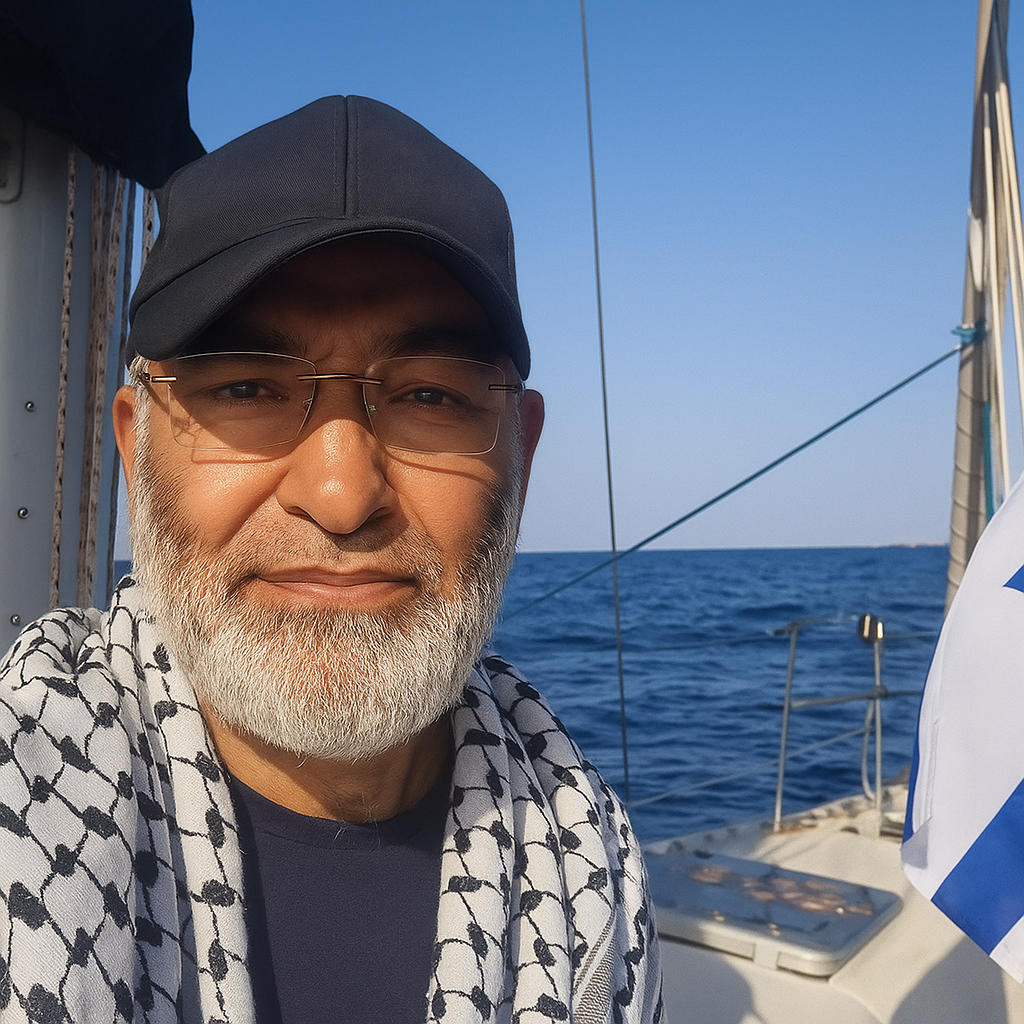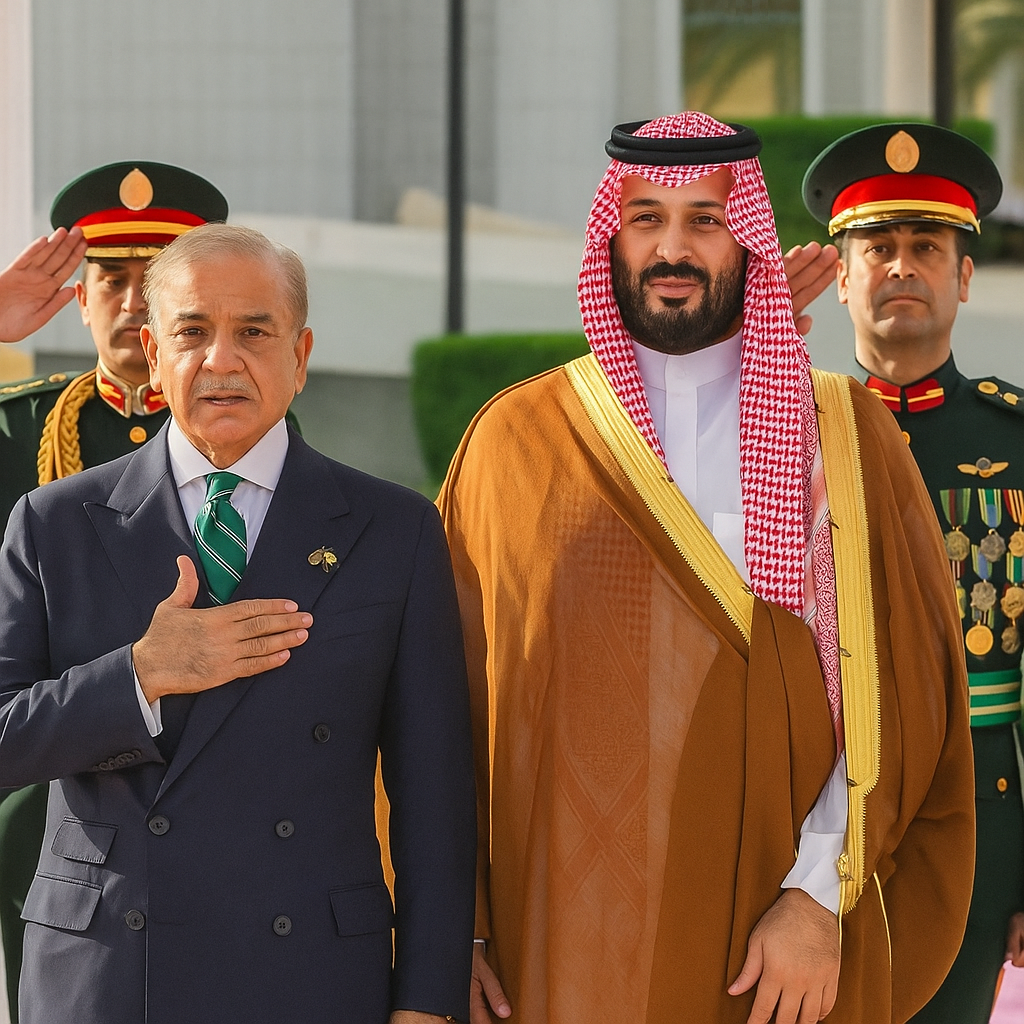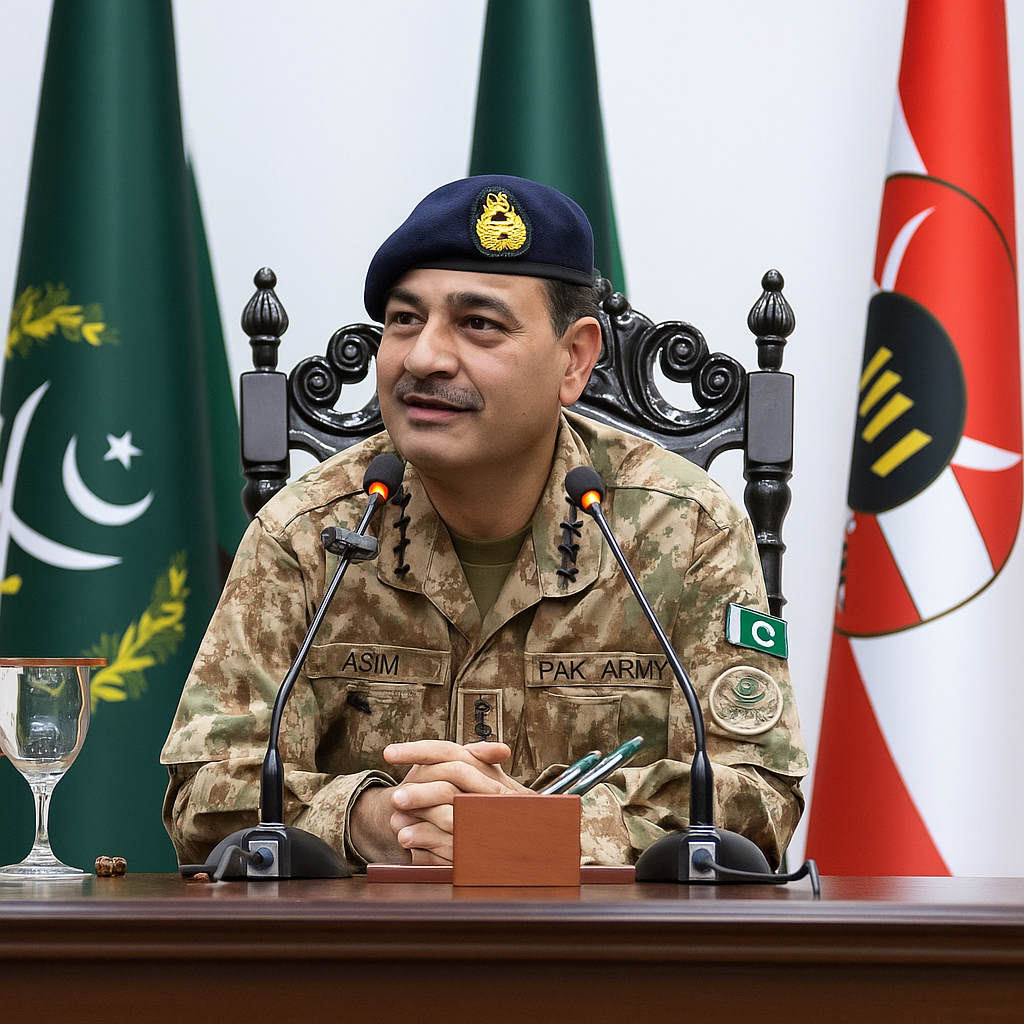Former Senator Mushtaq Ahmad Khan to Return on October 9: Full Story
Former Senator Mushtaq Ahmad Khan is expected to arrive back in Pakistan on October 9, 2025, after being released from Israeli detention. The government confirmed he has been freed and is currently safe in Amman, Jordan, under the care of Pakistan’s embassy. Deputy Prime Minister Ishaq Dar has played a role in facilitating his release.
Mushtaq was among those detained by Israeli forces when the Global Sumud Flotilla, carrying humanitarian aid and international activists, was intercepted near Gaza. Along with other detainees, he alleges severe mistreatment, including blindfolding, shackling, being threatened with guns, being attacked by dogs, and being denied basic essentials (air, water, medicine). He also says he went on a three-day hunger strike in protest of the detention conditions.
Once diplomatic channels made progress, Mushtaq and others were released and transferred to Jordan. He is reportedly in good health and high spirits, though his account describes harsh conditions. Upon his return, he intends to share more detailed descriptions of his ordeal and press forward with advocacy for the Palestinian cause, saying: “Our struggle continues from Adiala jail to Israeli jails… till the liberation of Al-Aqsa, Palestine…”
What Is the Global Sumud Flotilla
To understand why Mushtaq was on these boats, here’s what the Global Sumud Flotilla is:
- It is a civilian, international flotilla composed of around 40-45 vessels carrying humanitarian aid, activists, lawmakers, scholars, youth leaders etc., from many countries, all aimed at challenging Israel’s naval blockade on Gaza and drawing attention to humanitarian suffering there.
- The flotilla departed in stages in late August / early September 2025, launching from ports like Barcelona, Tunisia, Italy etc., announcing aims to break or bypass the blockade, deliver aid, raise awareness, and assert solidarity.
- Its journey has faced many challenges: drone harassment, interference with communication systems, mechanical issues, and alleged attacks or damaging incidents. Activists aboard boats report psychological pressure via sound, flares, jamming or drone overflights.
- Pakistan formally condemned the interception of the flotilla, calling it a violation of international law, especially regarding obstruction of humanitarian aid. The government demanded the release of detained activists and complete respect for international and humanitarian law.
Mushtaq Ahmad Khan: Background & Political Profile
Here’s a fuller picture of who Mushtaq Ahmad Khan is — his rise, political work, beliefs, and controversies:
- Origins and Education: He hails from Swabi District, Khyber-Pakhtunkhwa. He has been active since youth, especially with Jamaat-e-Islami and its student wing, Islami Jamiat-e-Talaba. Over time he gained positions in the provincial and national levels of the party.
- Political Career:
- He served as Senator (general seat) from Khyber Pakhtunkhwa for Jamaat-e-Islami.
- Mushtaq became President of Jamaat-e-Islami in Khyber Pakhtunkhwa for several consecutive terms. He was named KP head for a third continuous term in 2021.
- In 2022 he resigned as provincial president of JI KP after completing successive terms — a move linked to intra-party dynamics.
- Public Persona / Views:
- Known for being outspoken and firm on issues like Palestine, human rights, and foreign policy. Participation in or support for protest movements has been a hallmark.
- Within Pakistani politics, he often emphasizes strong positions against perceived injustice, sometimes drawing criticism or praise for being more radical or uncompromising than some peers.
- Controversies / Difficulties:
- His activism sometimes clashes with state policies or diplomatic sensitivities.
- The conditions he describes during his detention—blindfolding, shackling, alleged abuse—are very serious. Following his release, these claims are likely to be scrutinized, perhaps politically used.
Details of the Detention & Alleged Treatment
Mushtaq’s account (and those of other detainees) includes:
- Detention lasted approximately 5-6 days, in what’s referred to as an Israeli prison in the Negev desert (Ketziot Prison / Ansar III).
- He says he was blindfolded, handcuffed (hands behind back), shackled on feet. Dogs were set on detainees. Guns were pointed at them.
- They were deprived of basic rights: access to medication, water, air; also claims of blindfolded transport, possibly harsh environmental exposure.
- A hunger strike was undertaken (he says 3 days), to protest conditions and demand essentials.
- Communication blackout: inability to contact outside, maybe limited consular access, though Pakistani diplomatic channels were eventually engaged.
Pakistan’s Response & Diplomatic Moves
- Government publicly condemned Israel’s interception of the flotilla, calling it unlawful and contrary to humanitarian law.
- Pakistani Foreign Office called for unconditional release of detainees, safe passage of aid, respect for international law.
- Deputy PM / Foreign Minister Ishaq Dar has said the release of Mushtaq was due to diplomatic efforts, including engagement with friendly countries.
- Pakistan’s embassy in Jordan is involved in providing assistance after his release.
Why This Matters & What It Could Mean
- Human Rights & Narrative: Mushtaq’s story feeds into broader global and Pakistani narratives of solidarity with Palestine. If his allegations are upheld, they may strengthen calls in Pakistan (and among civil society) for stronger action / policy.
- Domestic Politics: For Jamaat-e-Islami, this is likely a boost: a high visibility moment, underlining its credentials in foreign policy activism. Could influence public perception. Opposition or critics may raise questions about diplomatic effectiveness, foreign policy direction, or even safety of activists abroad.
- Legal / International Diplomacy: There may be demand for investigations or international scrutiny: whether detention was in line with international law, treatment of detainees, rights violations. Pakistan may rely on international legal norms or alliances.
- Future of Activism: This may encourage or dissuade other activists. On one hand, Mushtaq’s experience might stir more engagement. On the other, risk perceptions may rise.
- Government Precedents: How this was handled could set precedents for how Pakistan handles similar incidents: How quickly diplomatic pressure is exerted; how much information is shared; what protections are offered to Pakistanis engaging in international activism.
What to Watch & Pending Questions
- Will the government or non-governmental groups verify Mushtaq’s claims independently (medical reports, witness statements, legal documentation)?
- Will there be a formal investigation into the treatment of detainees, perhaps via human rights bodies or international observers?
- Once back in Pakistan, will Mushtaq hold a press conference, produce evidence (video, photos, medical), and seek accountability?
- Will this strain or affect diplomatic ties with Israel further, or will Pakistan seek more allies in international law forums over this issue?
- How will public opinion in Pakistan respond: is this going to galvanize political action, protests, demands for more robust foreign policy on Palestine?



